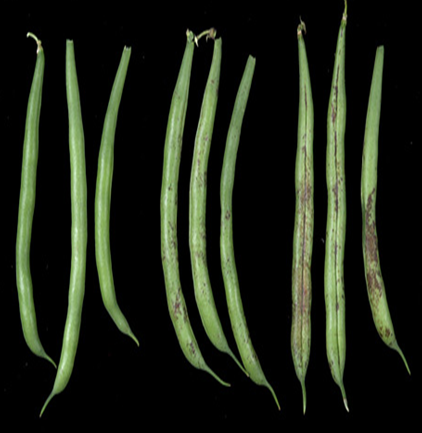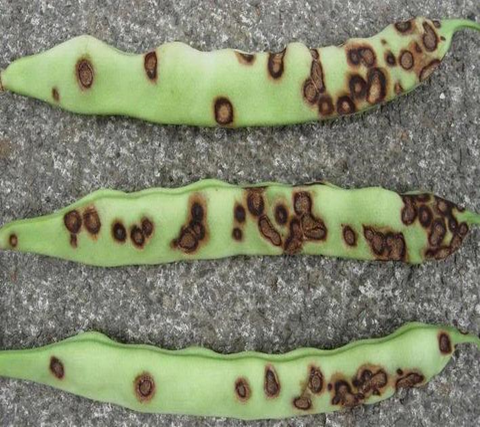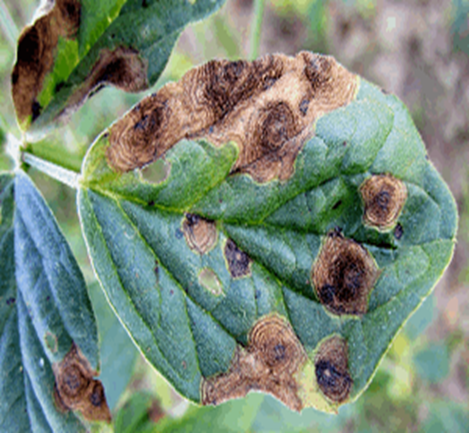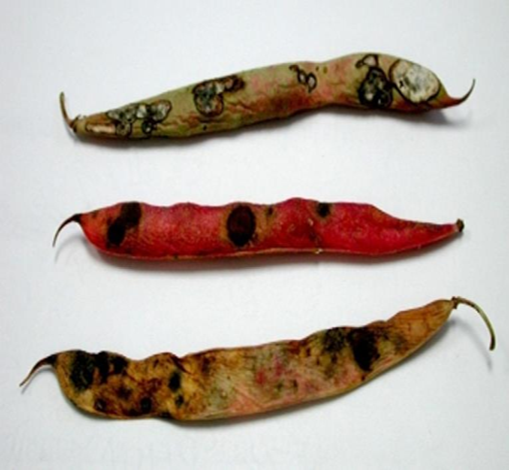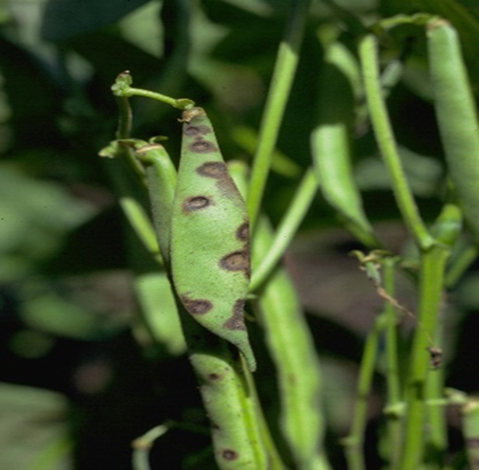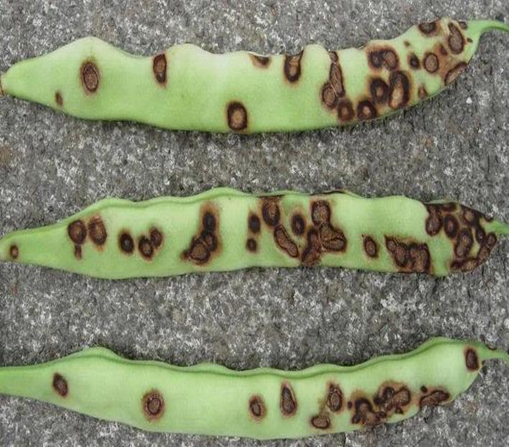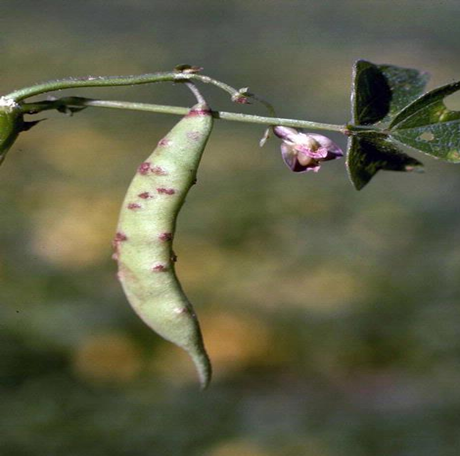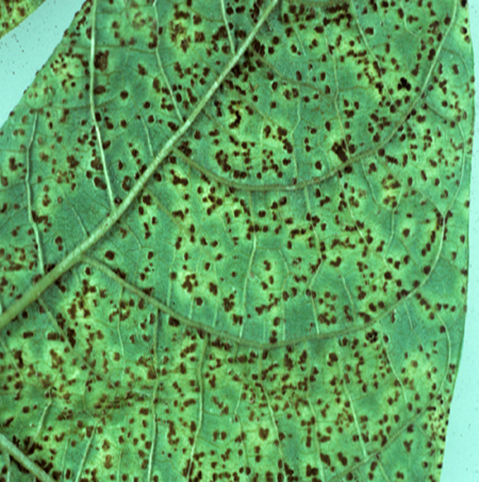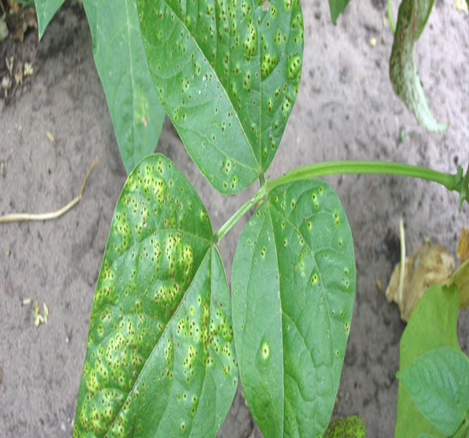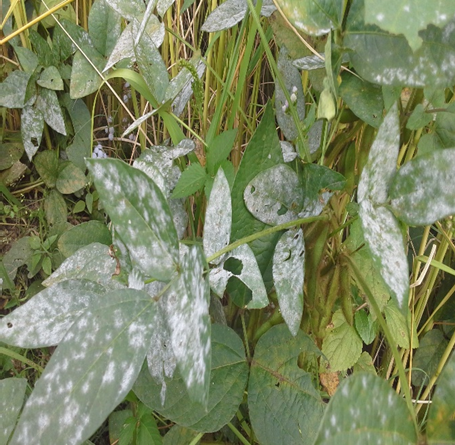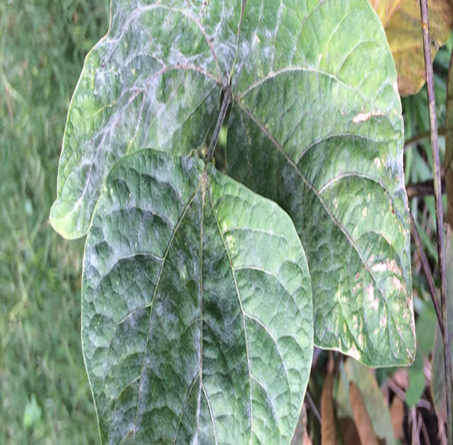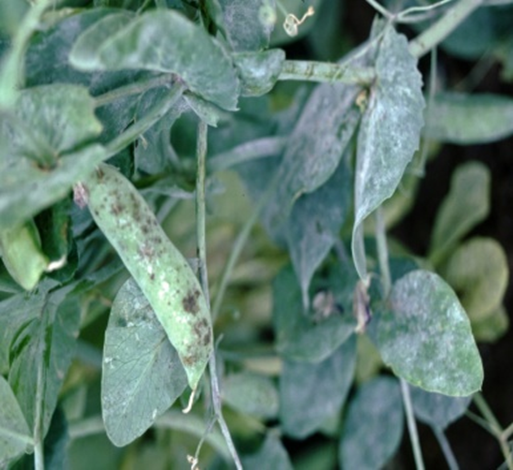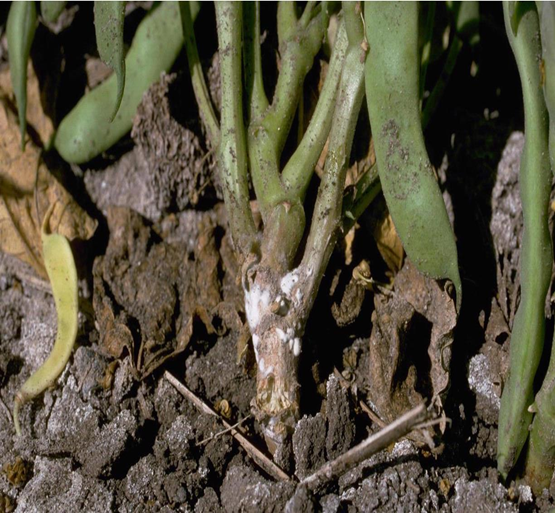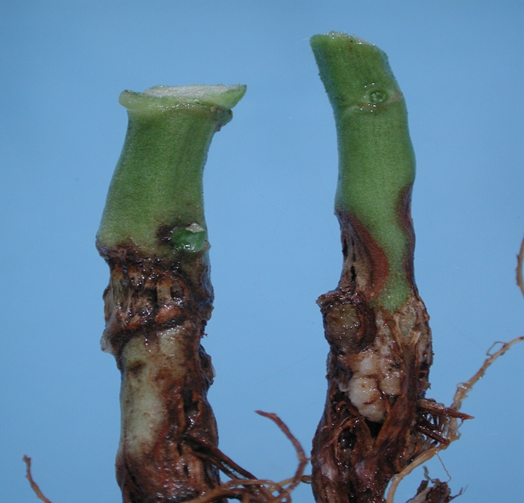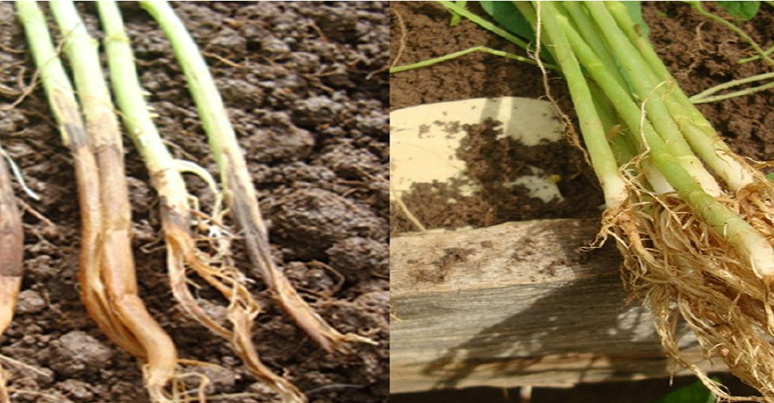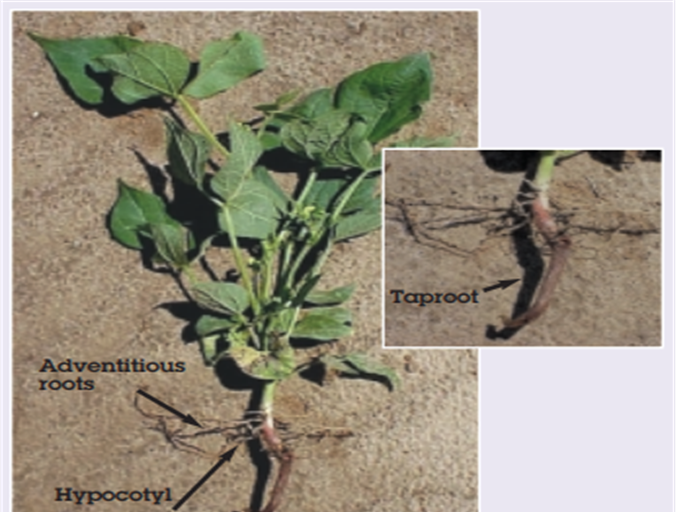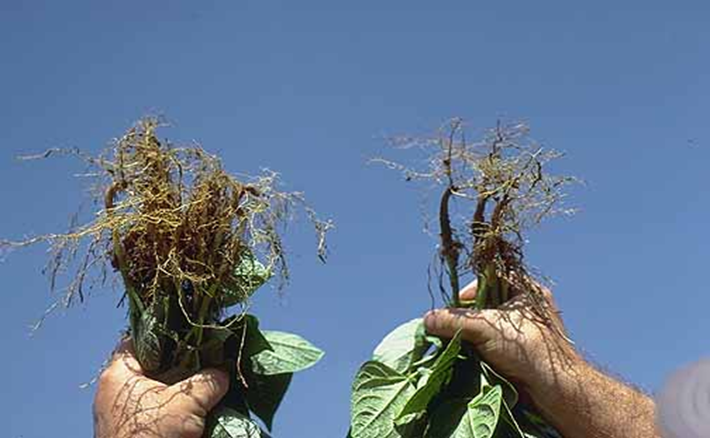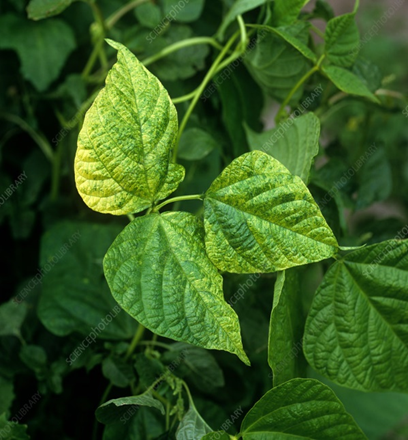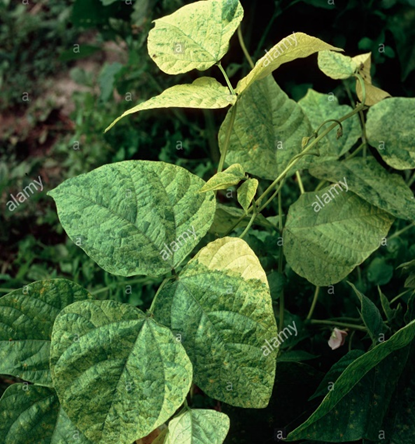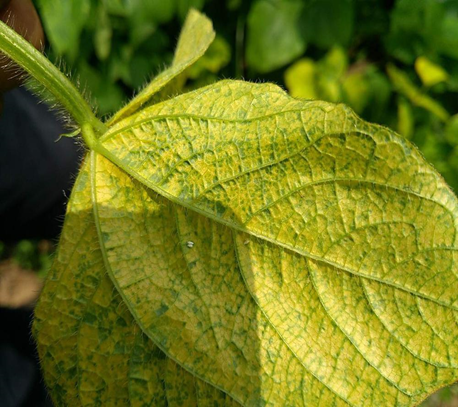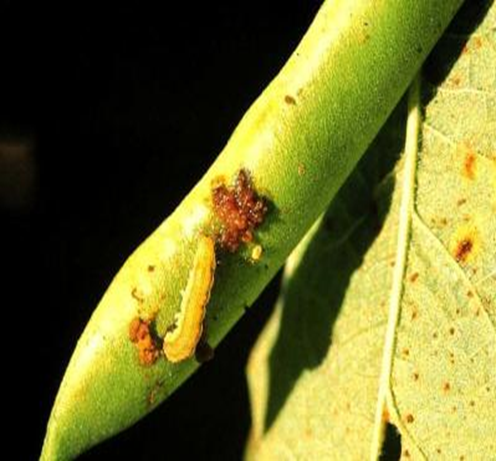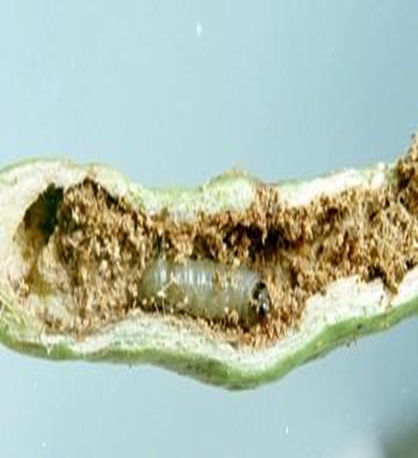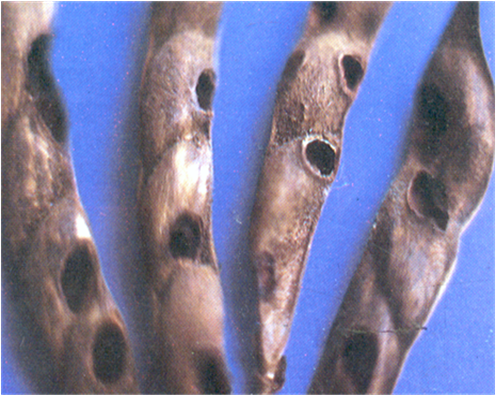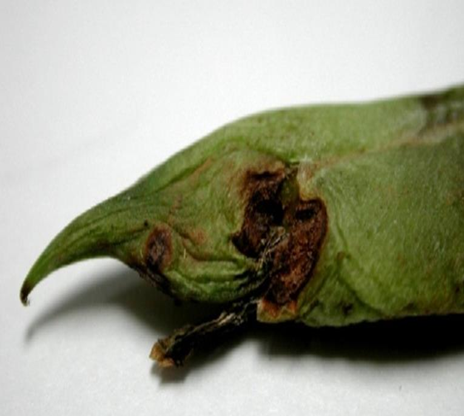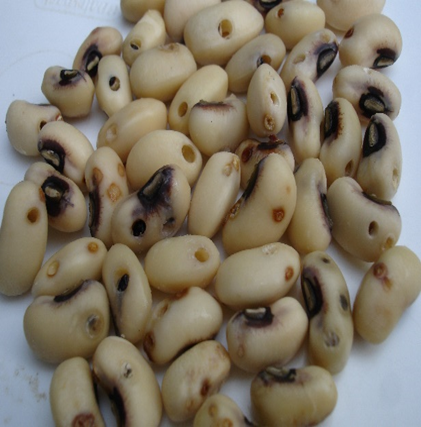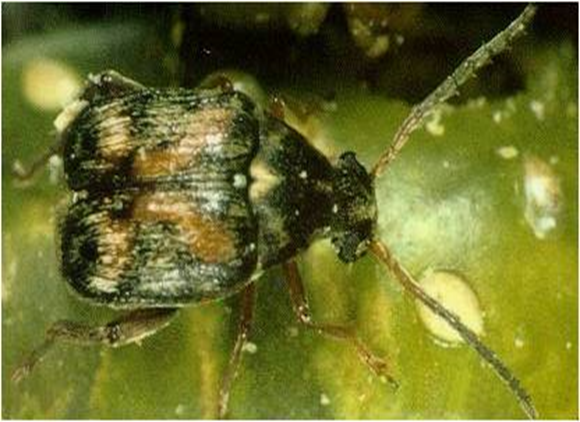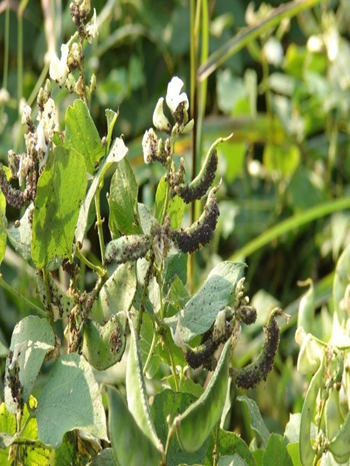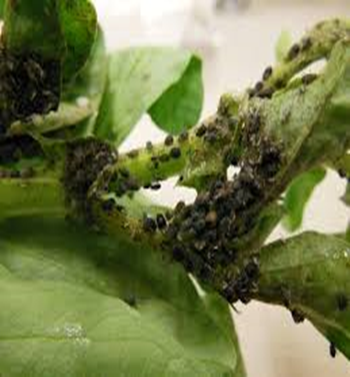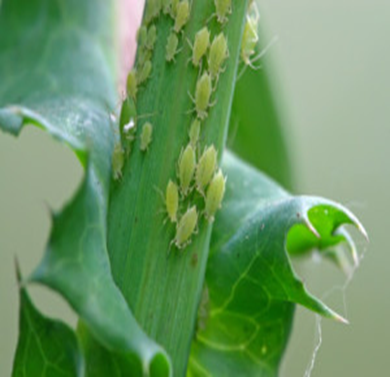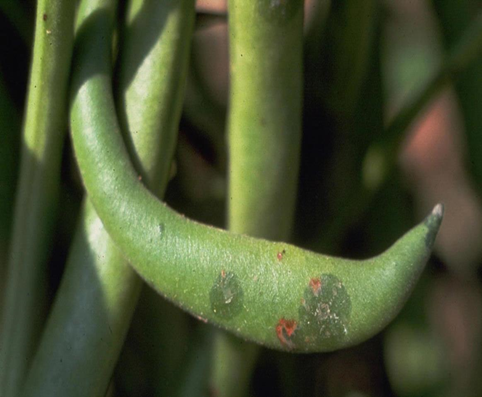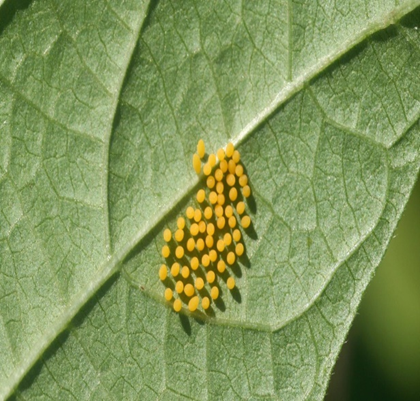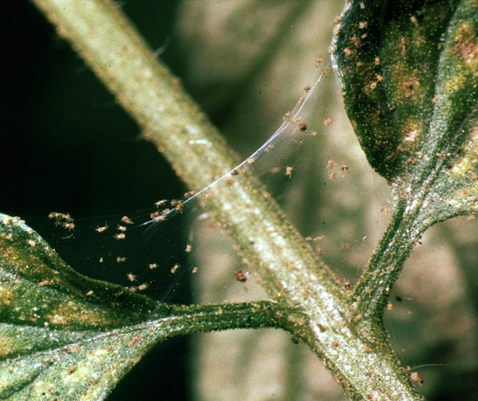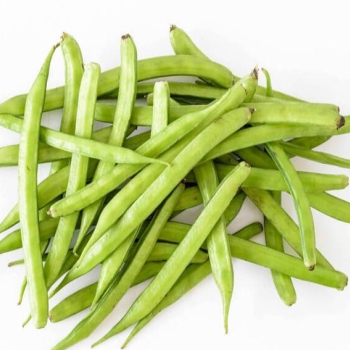
- The family Fabaceae includes cluster beans.
- It's also referred to as guar.
- In India, Pakistan, Indonesia, Myanmar, sections of Central Africa, and the dry Southwest of the United States, the crop is widely grown.
- The Giant and Dwarf varieties of guar are often grown in India.
- Soil- Cluster bean can be grown in all types of soils but medium texture sandy loam soils are better for its growth.
- Climate- Warm climate is required.
- Temperature- 30 – 40 °C.
- pH- 7.5-8.0
- Adequate moisture is required for the crop grown during summer season.
- Crop should be sown after applying pre-sowing irrigation.
- If crop does not germinate properly, a light irrigation can be given at 6-7 days after sowing.
- At least 5 irrigation should be given after the germination of the crop at an interval of 15 days.
- Never allow water to stand in cluster bean field at any stage of its growth.
- Crop yield may be affected due to high temperature and low humidity at the seed setting time.
- Therefore, irrigating crop at seed setting time is beneficial for obtaining good yield during summer season also.
- Suitable drainage conditions should be provided for the removal of excess water from the field.
- Summer crop sowing takes place between February and March.
- Seeds are broadcasted or dibbled at a distance of 25-30 cm behind a country plow.
- Seeds are also dibbled in a 45-60 cm x 15-20 cm spacing.
- Planting guar necessitates an average spacing of 45-60X 20-30 cm.
- During the rainy season, seeds are sown on ridges, whereas in the summer, the furrow method is used.
1. FUNGAL DISEASE: CONTACT-BASED FUNGAL DISEASE
1. ALTERNARIA LEAF SPOT (Alternaria cyamopsidis)
TREATMENT :
|
Use PPFC 2-3 gm per litre of water |
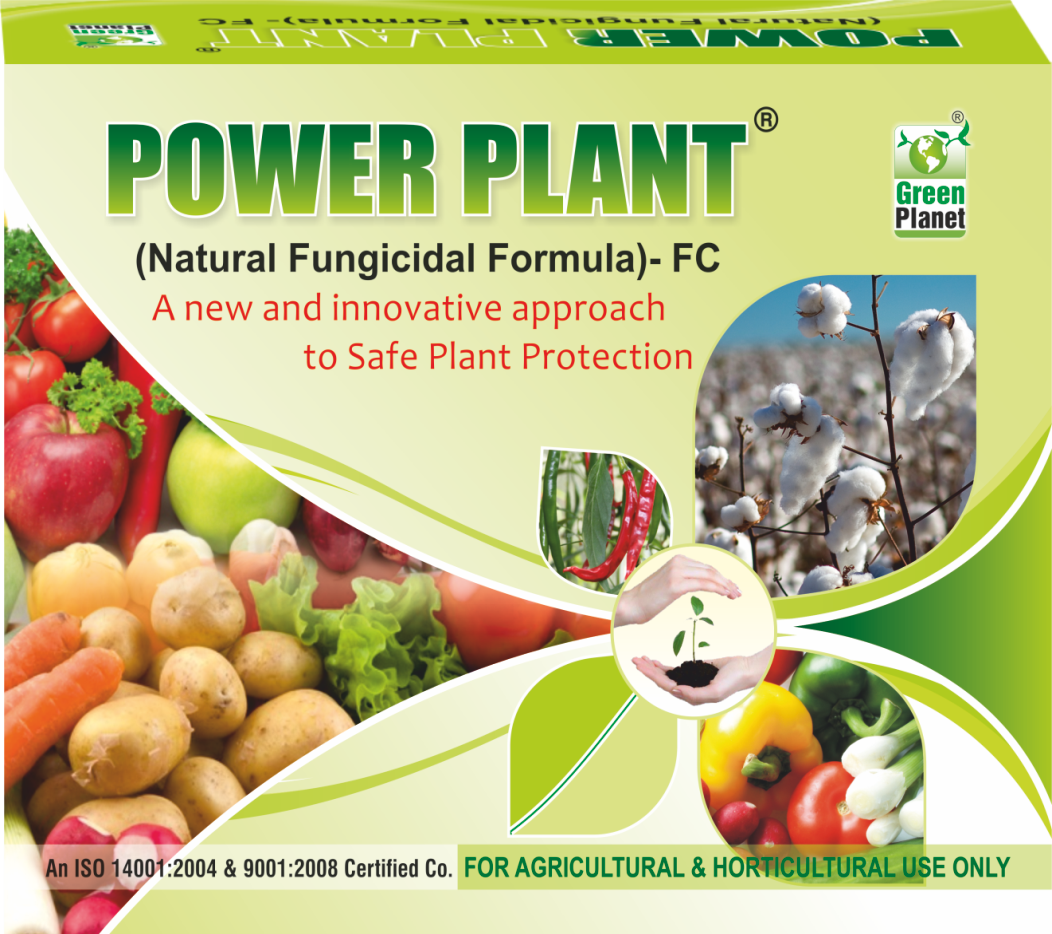 |
|
Use SpAll90 0.5 ml per litre of water |
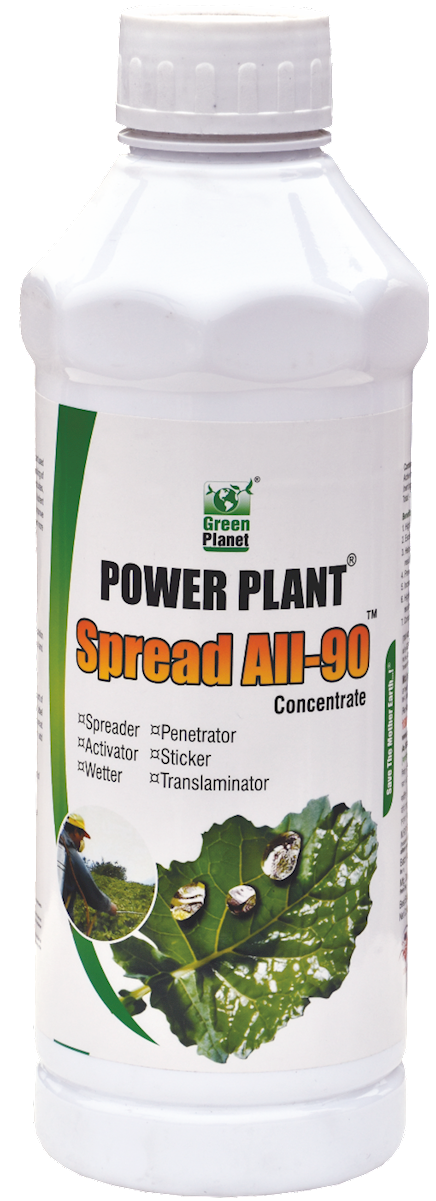 |
1. FUNGAL DISEASE: CONTACT-BASED FUNGAL DISEASE
2. ANTHRACNOSE (Colletotrichum lindemuthianum)
TREATMENT :
|
Use PPFC 2-3 gm per litre of water |
 |
|
Use SpAll90 0.5ml per litre of water |
 |
1. FUNGAL DISEASE: CONTACT-BASED FUNGAL DISEASE
3. BEAN RUST (Uromyces appendiculatus)
TREATMENT :
|
Use PPFC 2-3 gm per litre of water |
 |
|
Use SpAll90 0.5 ml per litre of water |
 |
1. FUNGAL DISEASE: CONTACT-BASED FUNGAL DISEASE
4. POWDERY MILDEW (Erysiphe polygoni)
TREATMENT :
|
Use PPFC 2-3 gm per litre of water |
 |
|
Use SpAll90 0.5 ml per litre of water |
 |
2. FUNGAL DISEASE: SYSTEMIC-BASED FUNGAL DISEASE
1.RHIZOCTONIA ROOT ROT(Rhizoctonia solani)
TREATMENT :
|
Use Fungohit 2-3ml per litre of water |
 |
|
Use SpAll90 0.5ml per litre of water |
 |
2. FUNGAL DISEASE: SYSTEMIC-BASED FUNGAL DISEASE
2.FUSARIUM ROOT ROT (Fusarium solani)
TREATMENT :
|
Use Fungohit 2-3ml per litre of water |
 |
|
Use SpAll90 0.5ml per litre of water |
 |
B. VIRAL DISEASES
1. BEAN YELLOW MOSAIC VIRUS
TREATMENT :
|
Use Virohit 2-3 ml per litre of water |
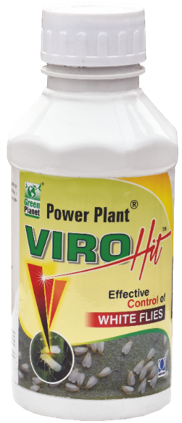 |
|
Use virosol 2-3 ml per litre of water |
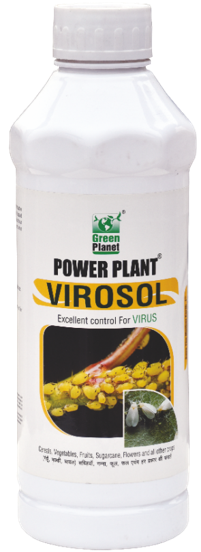 |
|
Use PPNP 1 ml per litre of water |
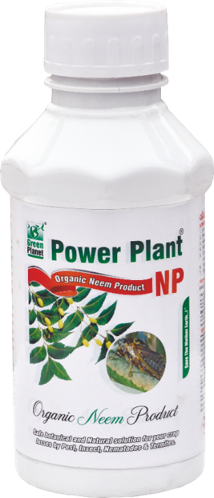 |
|
Use SpAll90 0.5 ml per litre of water. |
 |
C. PESTS (i) CHEWING PESTS
1. POD BORER(Helicoverpa armigera)
TREATMENT :
|
Use Pestohit 2-3 ml per litre of water |
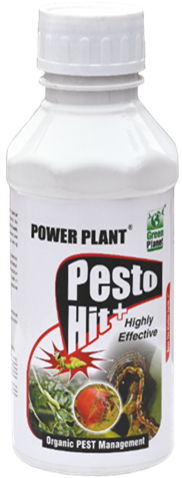 |
|
Use PPNP 1 ml per litre of water |
 |
|
Use SpAll90 0.5 ml per litre of water |
 |
C. PESTS (i) CHEWING PESTS
2. PULSE BEETLE (Callosbruchus chinesis)
TREATMENT :
|
Use Pestohit 2-3 ml per litre of water |
 |
|
Use PPNP 1 ml per litre of water |
 |
|
Use SpAll90 0.5 ml per litre of water |
 |
C. PESTS (ii) SUCKING PESTS
1.APHID (Myzus persicae)
C. PESTS (ii) SUCKING PESTS
2.THRIPS (Helicothrips indicus)
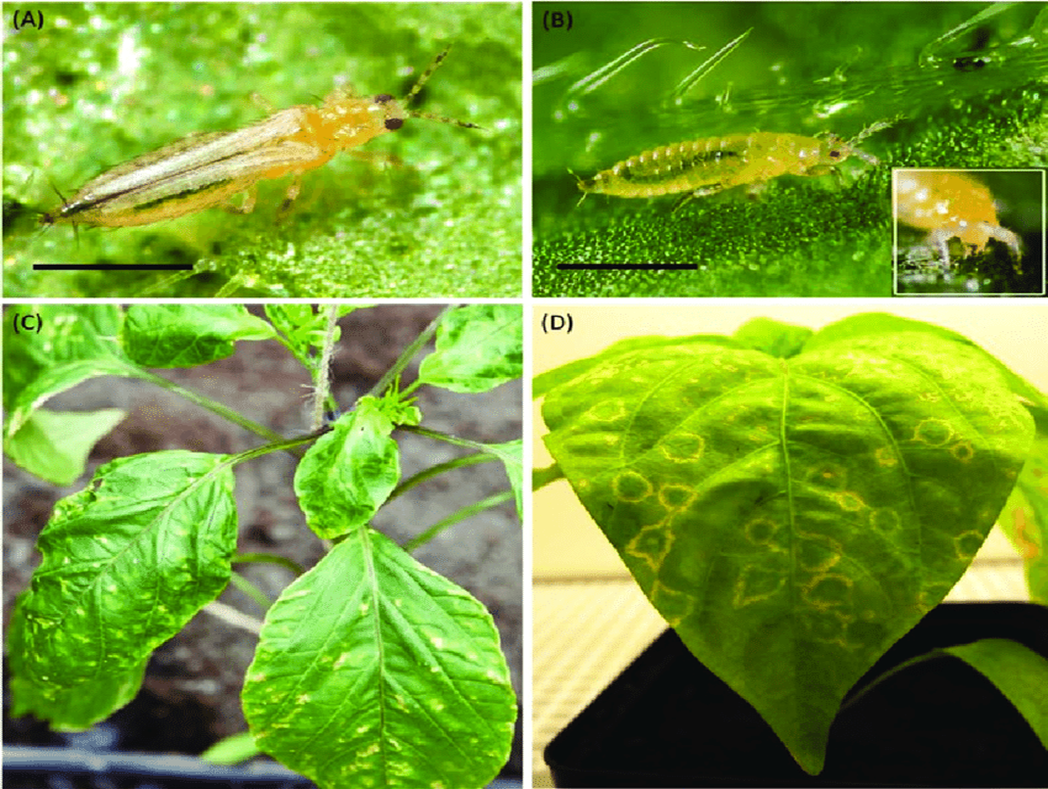
TREATMENT :
|
Use Orgomite 2-3 ml per litre of water |
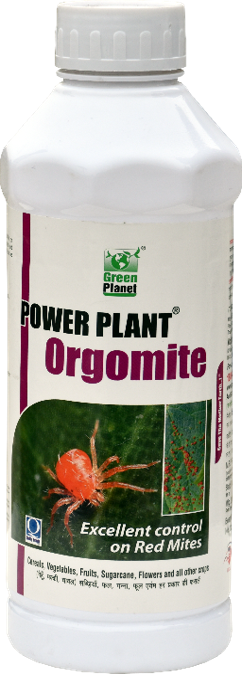 |
|
Use PPNP 1 ml per litre of water |
 |
|
Use SpAll90 0.5 ml per litre of water |
 |
C. PESTS (ii) SUCKING PESTS
3.MITES (Hemitarsonemus latus)
TREATMENT :
|
Use Orgomite 2-3 ml per litre of water |
 |
|
Use PPNP 1 ml per litre of water |
 |
|
Use SpAll90 0.5 ml per litre of water |
 |


